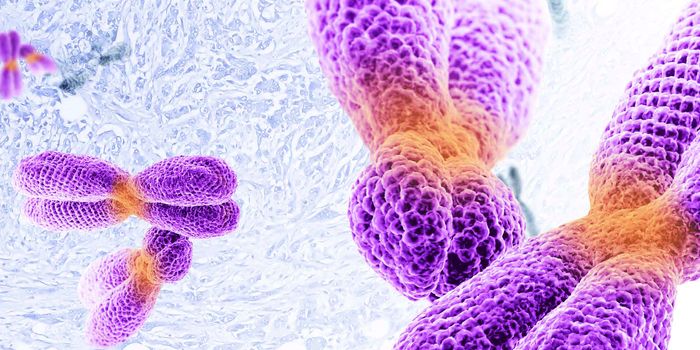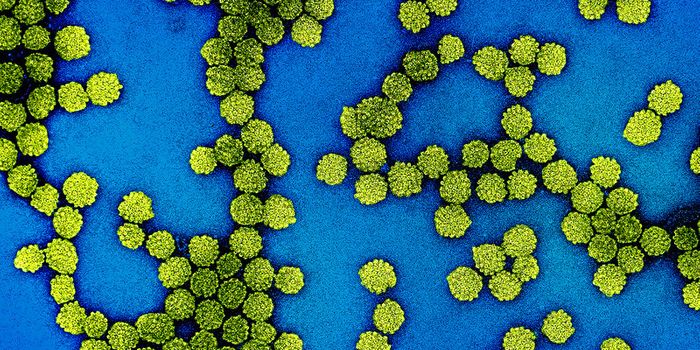Middle-Aged Women Have Time to Reduce Stroke Risk
According to the American Heart Association (AHA), women are generally more likely than men to have a stroke, die from stroke, and have poorer health and physical function after a stroke. A 2014 report from the AHA states that stroke is the third leading cause of death for women.
However, for middle-aged women, it may not be too late to reduce the risk of stroke. AHA reports that the average age of stroke in women is 75 years. New research shows that middle-aged women still have time to make the necessary lifestyle changes to reduce their stroke risk.
In the AHA article, Goodarz Danaei, ScD.—lead study author and associate professor of cardiovascular health at Harvard T.H. Chan School of Public Health—stated, “we found that changing to a healthy lifestyle, even in your 50s, still has the potential to prevent strokes.” The results of this research were published this week in the American Stroke Association’s journal, Stroke.
The research team used health information from the Nurses’ Health Study, which provided information about nearly 60,000 women. The average age at the time of enrollment was 52, and the average time of study participation was 26 years. The impacts of smoking cessation, regular exercise (30 minutes or more daily), and gradual weight loss for overweight women were assessed. Additionally, the effect of dietary modifications was also studied. These modifications included eating more fish, nuts, whole grains, fruits and vegetables, less red meat, no processed meat, and less alcohol.
According to the study, the research team found that total stroke risk could be reduced by 25% with smoking cessation, daily exercise, and weight loss. With these three lifestyle changes, the risk of ischemic stroke (which is the most common type) could be reduced by more than 30%.
Long term dietary modifications could reduce the risk of total stroke by more than 20%. The AHA article states that the research team discovered that increased intake of fish and nuts, with a reduction in unprocessed red meat consumption, had a small impact on reducing stroke risk.
The AHA article notes that this study was observational and included mostly white women. Danaei says that other studies support similar information that these modifications may generally apply to men as well.
Sources: American Heart Association, Stroke (AHA), AHA Journals










